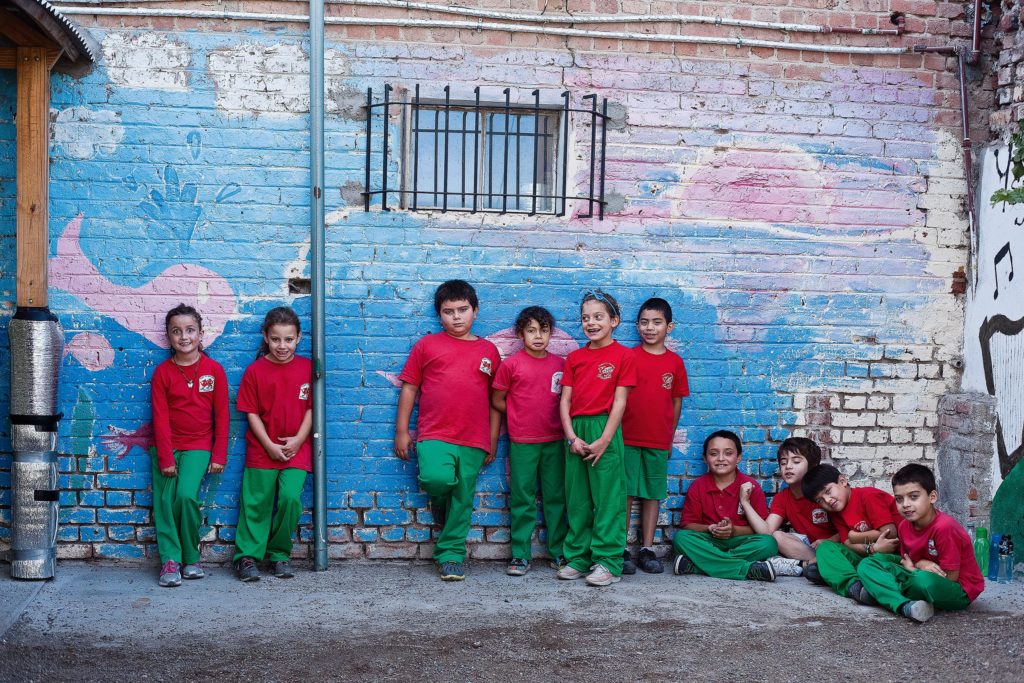Welsh Patagonia
Of all the worldly migrations and population changes that have characterised human history, of all the human movements that have seen cultural traits ebb and flow through continents and countries, across borders and seas, mountain ranges and forests, this is perhaps the most unpredictable, the weirdest, and consequently, perhaps the most fascinating of the lot.
‘The Welsh of Patagonia’, may sound like a normal phrase, but to a Welshman, or indeed an Argentinian, or to any student of geography that can quickly mentally map out the eighteen thousand kilometres and four hour time difference that separates these two oddly connected of countries, the very fact that the word ‘Welsh’ and ‘Patagonia’ can be placed in the same sentence is something entirely worthy of one’s curiosity.
It’s a largely unknown fact that aside from Wales, there is actually one other country, or at least autonomous region in the world where Welsh is the national language, and it’s certainly not close to home by any standards. Today, in the schoolrooms of the villages of the raw and awesome mountainous enclaves of southern Argentina, Welsh is taught from nursery level up, and a curious dialectic amalgamation of Argentinian Spanish and traditional Welsh is the dominant language of choice. Granted there aren’t many of these Welsh-cum-Argentinians left, but their existence is testimony to a national relationship that has endured the political troubles and cultural constraints of isolation amidst an altogether different society for the last century and a half.

Welsh migration to Argentina began in the middle of the 18th century, when many people decided to leave their native land, a small country of just a few million on the western side of the British Isles, to maintain their language and heritage that they felt was being threatened by excessive globalisation, industrialisation and the influx of English speakers to the Welsh valleys. Their choice of destination may seem a little odd (and, frankly, it was) but soon a strong bond was perceived between the Argentinian natives of Patagonia and the Welsh colonists. So much so in fact that the Argentinian and Patagonian authorities began to encourage Welsh migration in the late 19th century by granting the colonists official title to the land they had claimed on arrival.
The first influx of Welsh occurred in 1865, when just over 150 settlers sailed the Atlantic from South Wales and landed on the Patagonian coast, with the intention of colonising an area around the Chubut valley. The colonisation didn’t go to plan, and the harshness of the Patagonian climate and terrain made it difficult for the migrants to establish a base in the country. However with perseverance, and several trips made back to Wales and the US to recruit new colonists, along with the granting of official land titles by the Argentines in 1875, the colony finally gained a foothold in the country.
By the start of the First World War, the Welsh settlers had successfully spread across Patagonia, and were centred on the Chubut valley. Their previous difficulties in managing to sustain agriculture in the harsh and mountainous soils of Patagonia had been overcome by increased migration of skilled workers, who were leaving Wales due to the continuation of a depression that had lasted almost 30 years and damaged the coal industries that was the economic lifeblood of the nation at home. In Argentina however, the Welsh concentrated their efforts on irrigation, farming and livestock breeding, and by 1915 the colony numbered a healthy 25,000 – many of whom were now second generation Welsh Patagonian and at least half of whom were Welsh migrants of the first generation.

The colony, which was named Cwm Hyfryd, became a microcosm of Welsh culture in Argentina, and while migration stopped altogether with the advent of the world wars in the first half of the 20th century, relations between the Welsh of Argentina and their compatriots in the UK underwent something of a renaissance in the 1960s and 70s, with more and more interest being taken in the sustainability of Welsh culture and language in the region.
Today, the Welsh Assembly Government has pledged funds and initiated projects to nourish Welsh culture in Patagonian and teachers of the language are encouraged to go and lead classes there. What’s more, the Argentinian Welsh still celebrate the Eisteddfod, an annual competition of talent, poetry and music that has its roots deep in Welsh tradition. All of these efforts have been entirely supported by the cultural departments of the Argentine government, which still recognises the importance of keeping alive the Welsh culture in this, perhaps one of the most unpredictable of migrant destinations.
